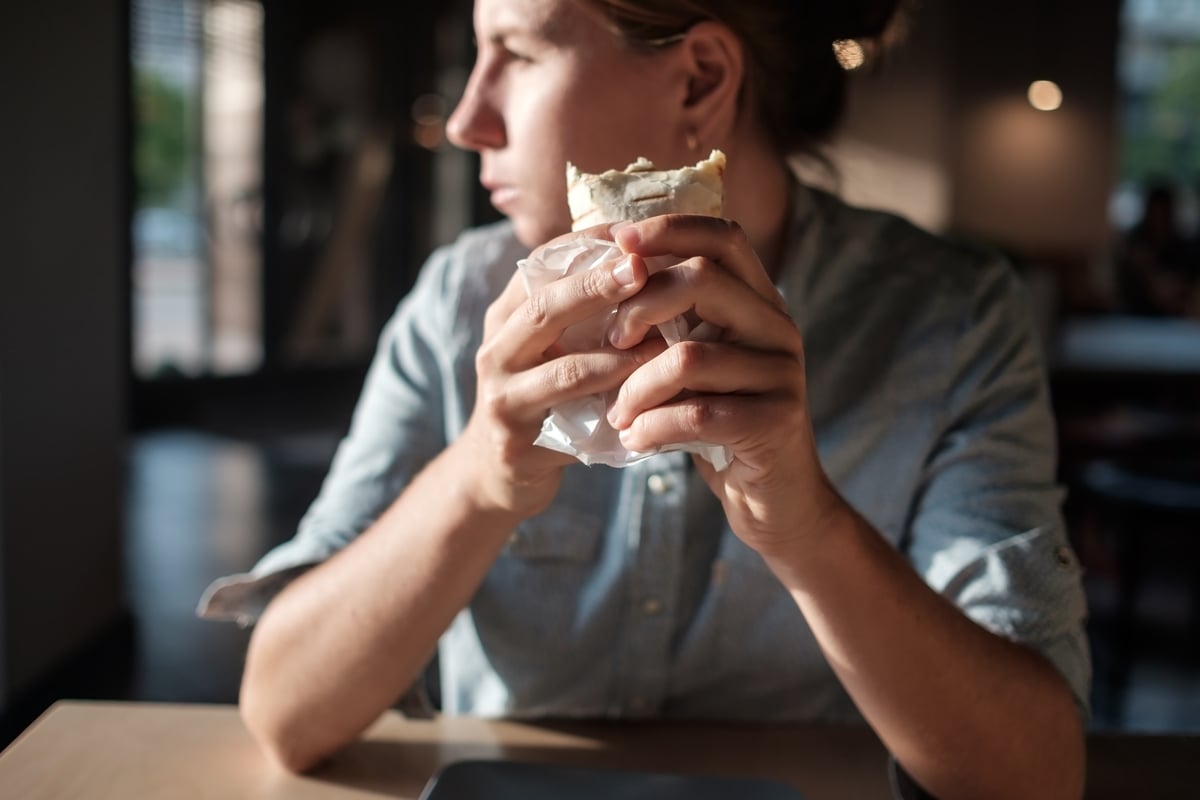If you live anywhere in the continental U.S. -- except for Florida and Southern California -- then you know that last winter was absolutely brutal. In fact, according to the National Climatic Data Center, more than 20 U.S. cities saw double their average annual snowfall this year (congratulations to Philadelphia, which topped the list of outperformers with 60 inches of snow, three times its long-run average).
Last month was also one of the coldest on record, particularly in the Northeast: Maine and New Hampshire residents endured their state's second coldest March ever, while New Yorkers suffered the Empire State's fifth chilliest. Brrr.
The perfect excuse
That harsh winter has given many companies an ideal culprit to blame for poor first-quarter business results. McDonald's, for example, cited "severe winter weather" as a key driver behind its disappointing 1.4% dip in February comparable-store sales.
At least at a glance, that argument makes some sense. The bitter cold and extreme winter storms must have kept more people at home, which should have depressed their spending on dining out.

But then how could you explain Chipotle Mexican Grill's (CMG 0.52%) scorching 13.4% spike in comps? The tex-mex chain last week logged its highest growth rate by that metric in almost eight years -- since the second quarter of 2006. And far from blaming the weather, Chipotle's management said that those pesky storms had no real effect on the quarter's results. CFO Jack Hartung said in a conference call with analysts that the unusual winter "certainly created volatility," but that "we believe there was not a net overall negative impact from weather in the quarter." He went on to explain:
While sales were understandably down during days of extreme winter weather, when the weather improved our sales recovered to a higher level than before the extreme weather for a few days, before settling back into a normal sales trend.
You might call this trend The Law of Conservation of Burrito Demand: Yes, a few Chipotle shoppers missed their lunches during stormy days this winter, but they made up for that loss as soon as the storms passed. Overall, demand grew at a steady, and spectacular, pace.
That's obviously great news for Chipotle's business, as it shows the food and the concept are resonating with consumers as deeply as ever. It also suggests that fast-food giants like McDonald's have more stubborn issues to worry about than just a temporary spike in bad weather.
Looking ahead
And there are at least two reasons that the rest of the year should be just as hot for Chipotle. For one, the company is boosting its menu prices for the first time in almost three years. Chipotle has some catching up to do here, particularly as its ingredient costs have been growing quickly. So management expects to raise prices somewhere in the "mid single digits" range, which will give comparable-store sales a shot in the arm.
Chipotle is also on track to add nearly 200 new stores to its restaurant base this year, helping push overall sales higher. Remember, the 44 locations Chipotle added last quarter were one big reason revenue jumped by 24%. Together, these factors should help the company keep up the type of industry-trouncing sales growth that even a record-hot summer couldn't stop.







